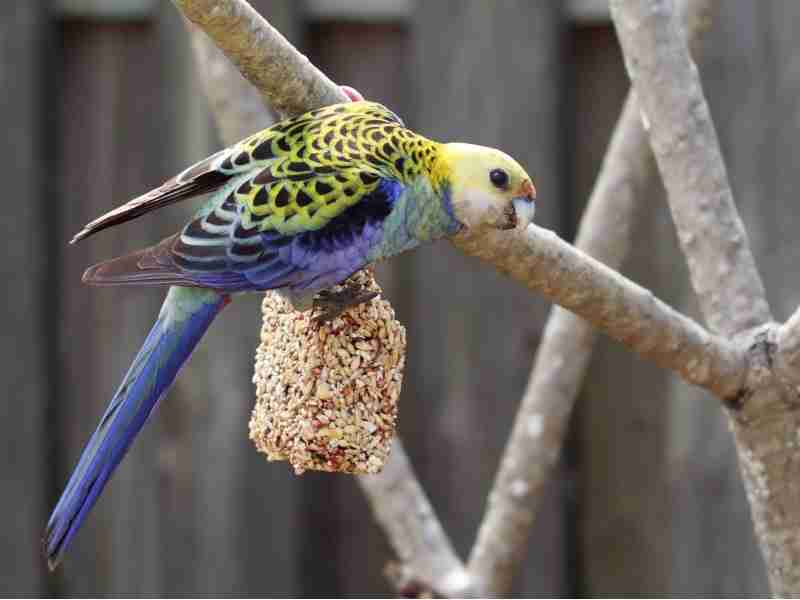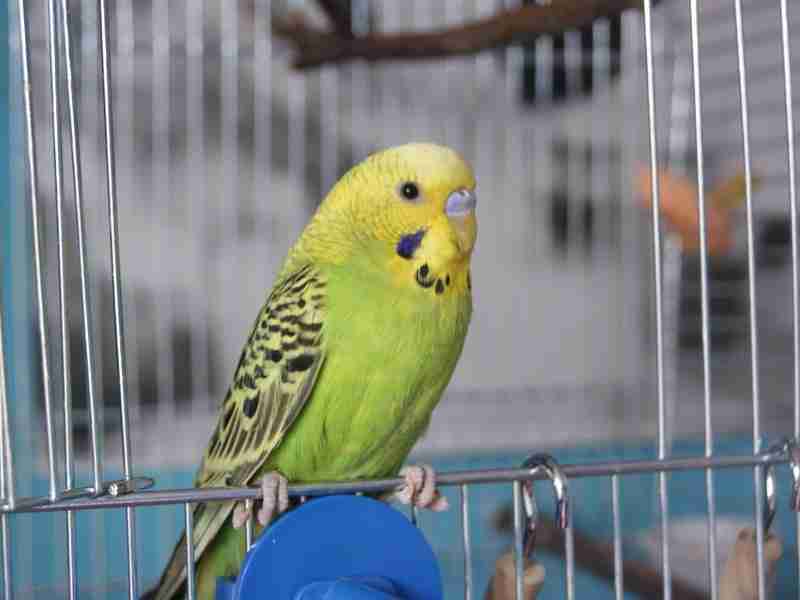
Regarding relocating, you are preparing yourself at least a week before your moving date, but your pet bird is the last thing you need to pay the most attention to. Moving with a pet bird is not as hard as it sounds. There are just a few things you need to know to be prepared.
Check with Your Veterinarian
A month before your relocation, take your beloved pet bird to the vet and consult about their health problems and mental condition. Check if your bird needs any medication or other supplements to be kept calm and stress-free. Birds tend to get emotional and copy their owners' behaviour and body language, so do your best to remain calm. A positive mindset will help you and your feathery companion easily move house.
International moves are complex for everyone, especially when moving with the family pet. You will need to follow specific steps to ensure that your pets can stay with you. One of the essential things is acquiring the proper health certificate. You must visit your vet and a local government office for the proper paperwork. These visits must be done well before the move, with enough time to ensure that your pet can accompany you on your trip abroad.
Gradually Prepare Your Pet Bird for The Move
If you are using your current bird carriers, your relocation should go smoothly as your feathered companions are already used to them. However, if you decide to get a new cage or carrier, you'll have to do it a month in advance so your bird can have time to get used to it. Let your pet spend some time in the new carrier; put your bird's favourite toys in there, some food and water. The more time they spend there, the better. This way, when the moving day comes, you won't be worried that your pet will refuse to get in their new bird travel cage.
How to Transport Your Bird
When it comes to transportation, you've got a couple of options. The most common ones are by car, by plane, by train or using a specialised pet transportation company.

Travelling by Car
Transporting your feathered friend by car might be the most preferred method for short rides. You can keep tabs on your pet throughout the trip, ensuring they have everything they need. The bird can enjoy a fresh treat, like a fruit or a vegetable. A great tip is to keep the water in a bottle so that it won't spill all over your bird during the move. The bird will be kept busy with the window, allowing them to observe their surroundings. This is one of the many reasons that many animals feel good during car travel.
But you should keep in mind that birds are sensitive to significant temperature changes, so before you get in your car, depending on the outside temperature, you should turn on the heat and regulate the temperature. If you’re moving long-distance during hot summer days, it would be a great idea to purchase glare guards to help control the temperature during the car ride and keep away direct sunlight. Try to avoid placing your bird in the front seat. In case of an accident, an airbag might open and cause significant injuries to your bird. Keep your bird in the backseat and use the seat belts for more stability.
Travelling by Plane
We all know how stressful it is to air travel, and your pet deserves a comfortable trip too. Airlines accept birds with you in the cabin instead of having them stay in the cargo department for an extended period. You'll be able to look after your pet and provide them with snacks and entertainment as you travel. However, not all airlines allow birds on the plane, so you'll need to do some research to find those that do. If you are on international flights, be sure to consult with your destination country about whether their laws and regulations would allow your bird to cross the border.
Travelling by Train
You're allowed to bring your pet birds with you on the train as long as they're not causing any problems or misunderstandings. It would help if you did not occupy any seats. Otherwise, a charge will be made. For more information, you could consult with the train company you'll be using by calling them or visiting the National Rail Enquiries site.
Hiring Professional Movers
If you're planning on moving long-distance and are worried about moving your bird alone, you could always consider an animal transport company. Their moving trucks are temperature controlled according to your pet's requirements and prepared with the proper ventilation. Many moving companies have already worked with different bird species and can help you plan your upcoming road trip.
No matter which relocation method you choose, one thing to remember is that you must cover your pet's carrier. This way, your bird will not be frightened by its surroundings.
If you are leaving the UK, make sure to research laws and restrictions about pets and dogs.
Packing Your Pet Carrier

When the time comes to get ready for the moving process, the last thing you'd want to pack is your bird's cage. First, you'll have to move your bird from its regular cage to the new carrier. Some airline companies suggest using an avian harness as they might insist on getting most birds out of their carrier while it is inspected. Remove all movable parts and hand wash them to properly pack your pet's cage. Clean both the cage and any accessories or toys that go inside. Make sure everything is dry before packing it up and be sure to wrap the pieces separately to avoid damage during transport. The cage and accessories for the pet should be packed in the truck last because they will be the first thing to unpack when you get to your new house.
If you decide to travel by car and stop at a pet-friendly hotel, don't forget to pack an old sheet or a towel. You'll need them to protect the room's carpet by placing them under the carrier.
Getting Used to the New Surroundings
When arriving at your final destination, first things first, place your bird in a quiet room. Try to recreate their old birdcage placement so that they will get used to the new place faster. Right after settling in, find a new veterinarian and arrange an appointment. Ensure to get the health certificate and proper paperwork, ask for a health examination of your pet and see if your bird's diet needs a change. Home removals could be very stressful for your pet birds, and sometimes they need a difference in their routines.
After your pet has been settled for a month, it might show signs of stress. This includes feather picking or a general lack of interest in playing or eating. Immediately seek help from a licensed vet so their condition won't have detrimental consequences.










